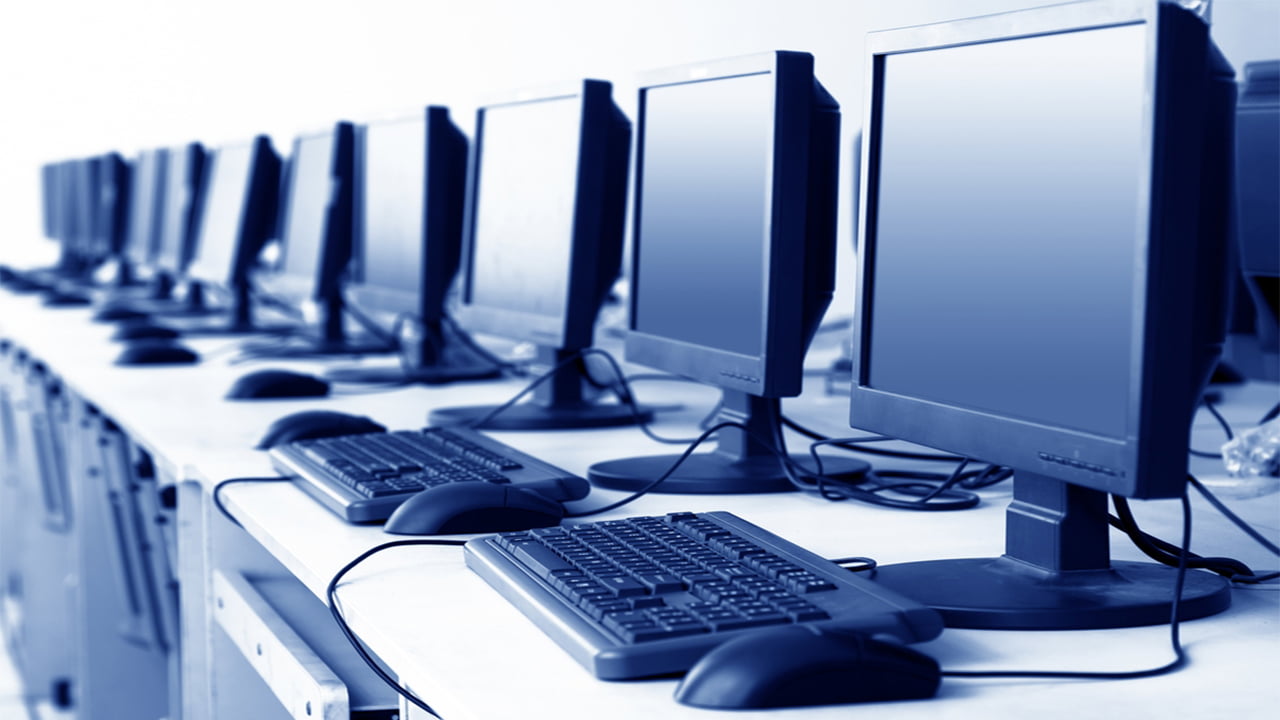In “Free Will: The Illusion and the Reality, and How Our Minds Rule the Day,” I mentioned a view that the multi-degree capacity of the human mind, i.E. Its ability to loop returned on its very own procedures, enabled our exercise of loose will.

Consistent with that, I argued we had to “exercising” our loose will, since absent a disciplined technique, absent our self-watching of our personal selection making, that selection making ought to come to be controlled by using subconscious and predetermined factors. Free will go away.
A question now is can computer systems exercising loose will? That is an exciting query in itself (as a minimum to some; others inside their loose will can determine that the query isn’t always exciting). However, the query also shines a highlight on the nevertheless giant capabilities of the human mind.
Computers: What They Can Do
Computers nowadays have an array of fantastic talents, however additionally extreme obstacles.
Computers are fast, of that, there may be absolute confidence. And they’re getting quicker. Computers are flexible, to the acute; they can be programmed to carry out a couple of obligations, pretty much any task. Computers can self-correct; they can evaluate their output and regulate factors or even coding to enhance their accuracy and performance.
For all that, computer systems have barriers. Computers are not but very good at sensory input. The human mind, way too several hundred million years of evolution of life (or in case you choose because of the design of a god or higher strength), can combine sight, sound, smell, contact, and flavor and accomplish that basically instantly. We can then keep such included experiences, hundreds of thousands of them, and match our modern-day reviews, even if distorted, shifted, or disoriented, to the stored past experiences.
In the evaluation, computers can not (yet) do the sensory integration. We do have computer systems that can process visible input to navigate obstacles. We wonder at that. But consider the human’s potential to enjoy and recount the wealthy sensual tableau of a mom’s kitchen at some point of Thanksgiving training that no computer can do.
Computers, within the identical vein, are not top at forwarding visualization. Certainly, computers can challenge the climate forward. However, they can not mission ahead of a sensory picture of what twelve inches of snow looks like and how to deal with the children whilst college is canceled.
Computers are not but very good at meaning. Humans are. Humans can take logical structures, symbolic shapes, remembered experiences, ahead visualizations, categorized records, and create that means. Computers can hyperlink information to those objects. But this is akin to drawing traces on paper. Computers cannot construct integrated 3-dimensional, symbolic/visible/temporal constructs in any state-of-the-art way to create what we name, which means.
Computers have the handiest constrained ability to be self-reflective. Computers absolutely can execute feedback. They may have algorithms that compare their calculated output or movement in opposition to the intention and accurate algorithms. But human beings have algorithms that might be inherently self-referential. We are aware, and we are conscious of our consciousness. We are observers, and we’re observers of how we observe. We are thinkers, and we will think about how we suppose.
Computers, to date, do no longer have algorithms that are so inherently self-reflective. If a laptop has an algorithm for staring at the terrain, that algorithm can not flip inward and have a look at itself staring at. If a laptop has a set of rules for correlating textual content passages across thousands and thousands of input documents, that algorithm cannot correlate the bitstreams internal to itself that are generated by the manner of correlating text passages.
Can Computers Exercise Free Will?
Let’s begin with what we suggest with the aid of unfastened will or, as a minimum, a common experience, but decidedly non-rigorous, the definition of free will. Let’s say free will be the capacity to choose among options to exceptional strengthen desires and accomplish that in innovative ways that can or might not amplify from earlier conditions or experiences.
I might then say computer systems could make free picks. Computers can look at conditions with more than one option and choose one in a manner that extends past the deterministic limits of their programming.
For all that, I might say, but that computer systems can’t make free picks anywhere comparable to the range that humans can.
Let’s examine where computers make unfastened selections. Let’s begin with a pc controlled automobile by using itself in complicated but static terrain, confronted with a choice on three roads to take. Such a laptop/car combination ought to survey the roads, perceive risks, calculate bodily parameters, assess changes, then run Monte Carlo simulations to choose the excellent preference.







